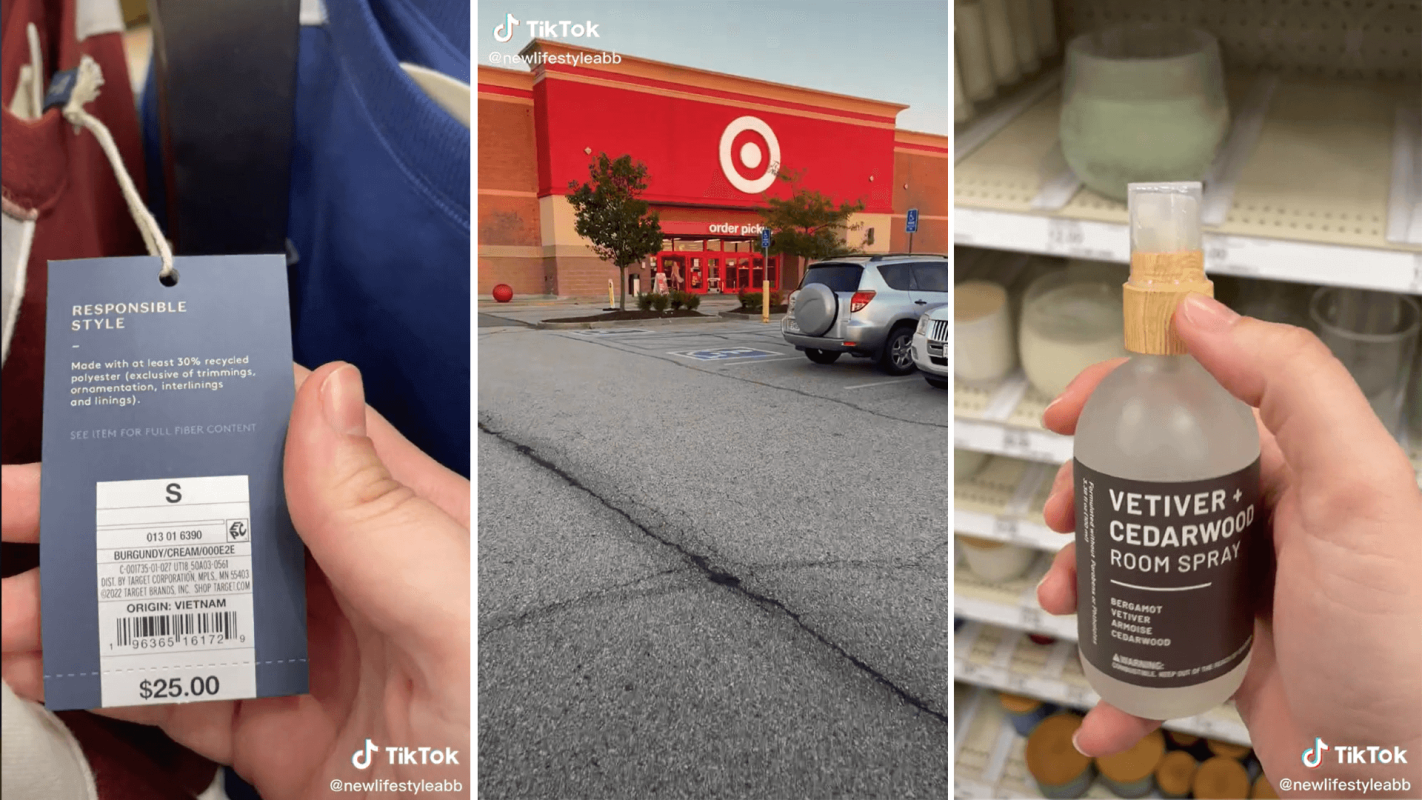It's not surprising that companies want their customers to think they value the planet over their profit margin. After all, who wants to be associated with pollution and unethical production practices?
Often, though, the products that seem environmentally friendly are not as green as they look. This practice — in which companies make their products seem more eco-friendly than they really are — is called "greenwashing."
Greenwashing is the subject of a now-viral TikTok video by Alyssa Barber (@newlifestyleabb). Her post's caption defines the term as: "The act or practice of making a product, policy, activity, etc. appear to be more environmentally friendly or less environmentally damaging than it really is."
@newlifestyleabb Greenwashing: the act or practice of making a product, policy, activity, etc. appear to be more environmentally friendly or less environmentally damaging than it really is. #greenwashing #kourtneykardashian #boohoo #fastfashion #sustainable #sustainability #target #ecofriendly #ecofriendlyproducts #ecofriendlypackaging #ecofriendlyliving #zerowaste #environmentalist ♬ How`s Your Day - aAp Vision
"Sometimes this literally means turning the product green to make it more natural, more eco-looking," Barber explains as she observes a bottle of room spray. The product has a plastic top that's cleverly designed to look as though it's made of wood.
"It also means fake third-party labels," she adds. "This is NOT a certified cruelty-free label."
Barber then holds up a container of Everspring's Multi-Surface Cleaning Wipes, which features a label stating that the product is "not tested on animals." That assurance sounds green, but, as Barber clarifies, it's not the same as a product marked as "certified cruelty-free," as the cruelty-free label is given by external, internationally recognized organizations that monitor animal cruelty.
Barber also warns viewers to be skeptical of terms like "clean," "pure," and "eco-friendly," which are often used by companies to imply that their products are sustainable.
"Those are all unregulated terms," Barber explains.
Greenwashing is a dangerous practice because it can trick customers into buying products they don't actually agree with — in essence, buying unsustainable products while believing they're doing the right thing. It's one of the reasons that greenwashing can cause distrust in brands.
In 2018, the U.K.-based paint company Edward Bulmer Limited stated that its paint was "the most eco-friendly paint on the market." But the U.K. Advertising Standards Authority later said the claim was unsubstantiated, as the company failed to provide any certifications that its product was more environmentally friendly than its competitors.
The best way to avoid being fooled by greenwashing is to maintain constant vigilance when selecting products to buy. You can spot greenwashing tactics by observing whether advertisements and packaging use vague language, irrelevant statistics, or fake third-party certifications. In her video, Barber notes other red flags.
"It can be pretty eco-items that are then wrapped in plastic or refillable items that have ingredients that are bad for the planet," she says.
Other TikTok users dropped helpful tips for spotting greenwashing in the comments.
"The words 'clean,' 'organic,' and 'natural' are not regulated in the beauty industry! They can put it on anything!" one user shared.
"'Clean beauty'" and 'clean earring' always get me 😂 those are buzz words people - truly means nothing," another added.
Join our free newsletter for cool news and actionable info that makes it easy to help yourself while helping the planet.









